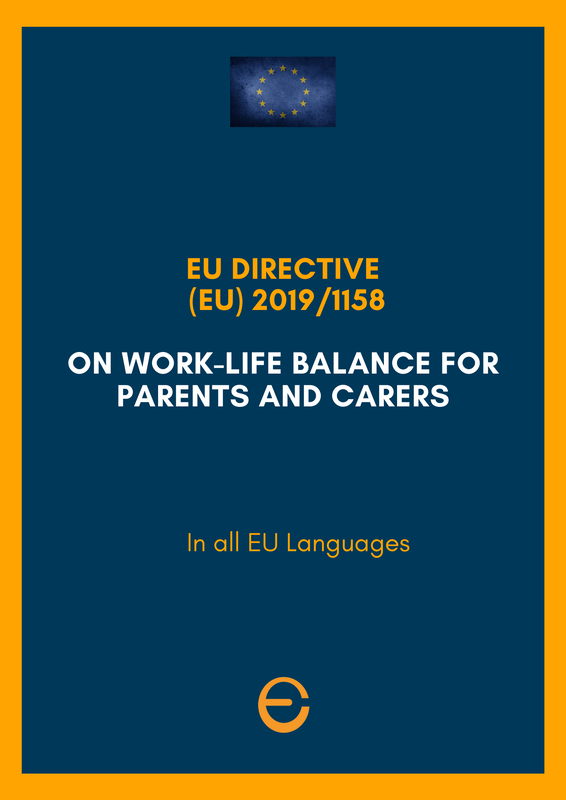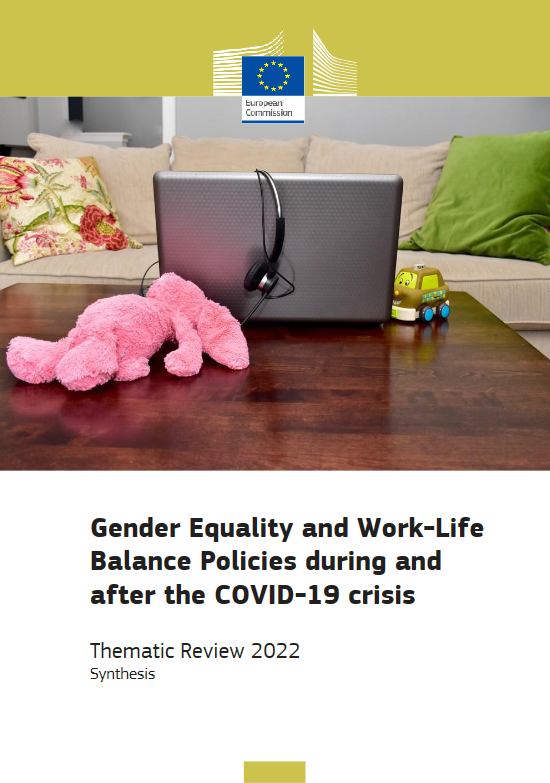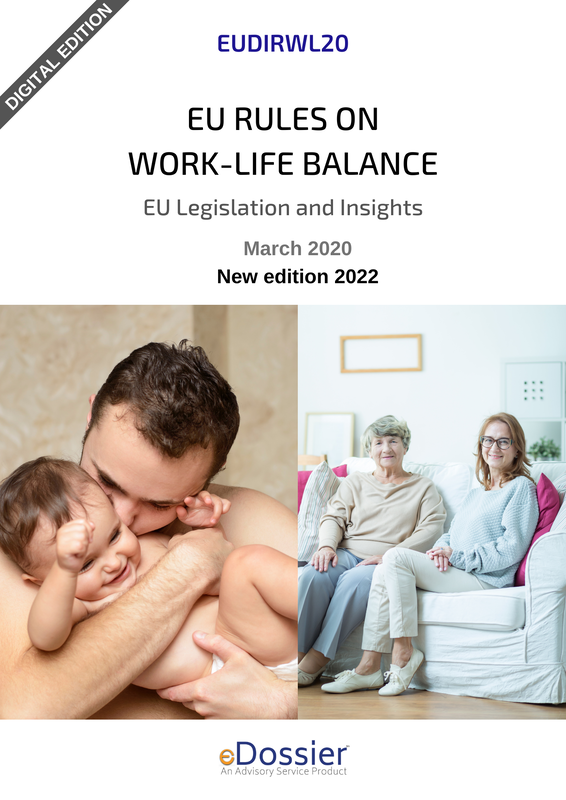EU SOCIAL PILLAR
Chapter II
Chapter II
9. Work-life balance
"Parents and people with caring responsibilities have the right to suitable leave, flexible working arrangements and access to care services. Women and men shall have equal access to special leaves of absence in order to fulfil their caring responsibilities and be encouraged to use them in a balanced way".





